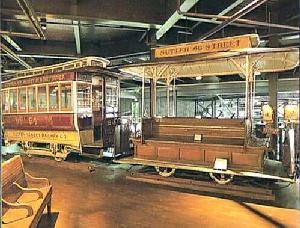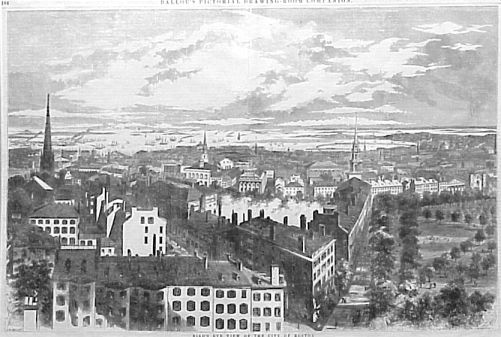City
reforms included things like poverty reform. One step taken was to lower
prices so that more people could afford things. Large poor houses were created, to rehabilitate and
isolate the poor people. Not only did they reform poverty, but they also
reformed its defenition to make the term poor, and poverty, a little less
demeaning. People that tried to reform city and society turned to the
making of penetentiaries, work houses, mental hospitals, orphanages, and
reformatories, to deal with social problems. Before 1820, people used
voluntary effort to deal with crime, now the cities were reforming that,
making the town safer. People decided that it was time to try and protect
the cities, and thought of trying to rehabilitate the criminals. Originally
jails were made to hold criminals, before their punishment. Rehabilitation
of criminals was the main plan for that time, and they tried that by instilling
moral character, and discipline. Criminals were put to hard work, they
were forced to read religous literature, and were reformed into law abiding
could afford things. Large poor houses were created, to rehabilitate and
isolate the poor people. Not only did they reform poverty, but they also
reformed its defenition to make the term poor, and poverty, a little less
demeaning. People that tried to reform city and society turned to the
making of penetentiaries, work houses, mental hospitals, orphanages, and
reformatories, to deal with social problems. Before 1820, people used
voluntary effort to deal with crime, now the cities were reforming that,
making the town safer. People decided that it was time to try and protect
the cities, and thought of trying to rehabilitate the criminals. Originally
jails were made to hold criminals, before their punishment. Rehabilitation
of criminals was the main plan for that time, and they tried that by instilling
moral character, and discipline. Criminals were put to hard work, they
were forced to read religous literature, and were reformed into law abiding
 citizens.
The Asylums were basically made to house the poor and insane, and since
the poverty rates were rising quick, it was a good idea to have these.
People beleived that insane people could be healed if they were managed
under strict conditions and environments. Work houses were created for
the poor, to keep them busy and working hard. These houses banned them
from drinking, gambling and idleness.
citizens.
The Asylums were basically made to house the poor and insane, and since
the poverty rates were rising quick, it was a good idea to have these.
People beleived that insane people could be healed if they were managed
under strict conditions and environments. Work houses were created for
the poor, to keep them busy and working hard. These houses banned them
from drinking, gambling and idleness.